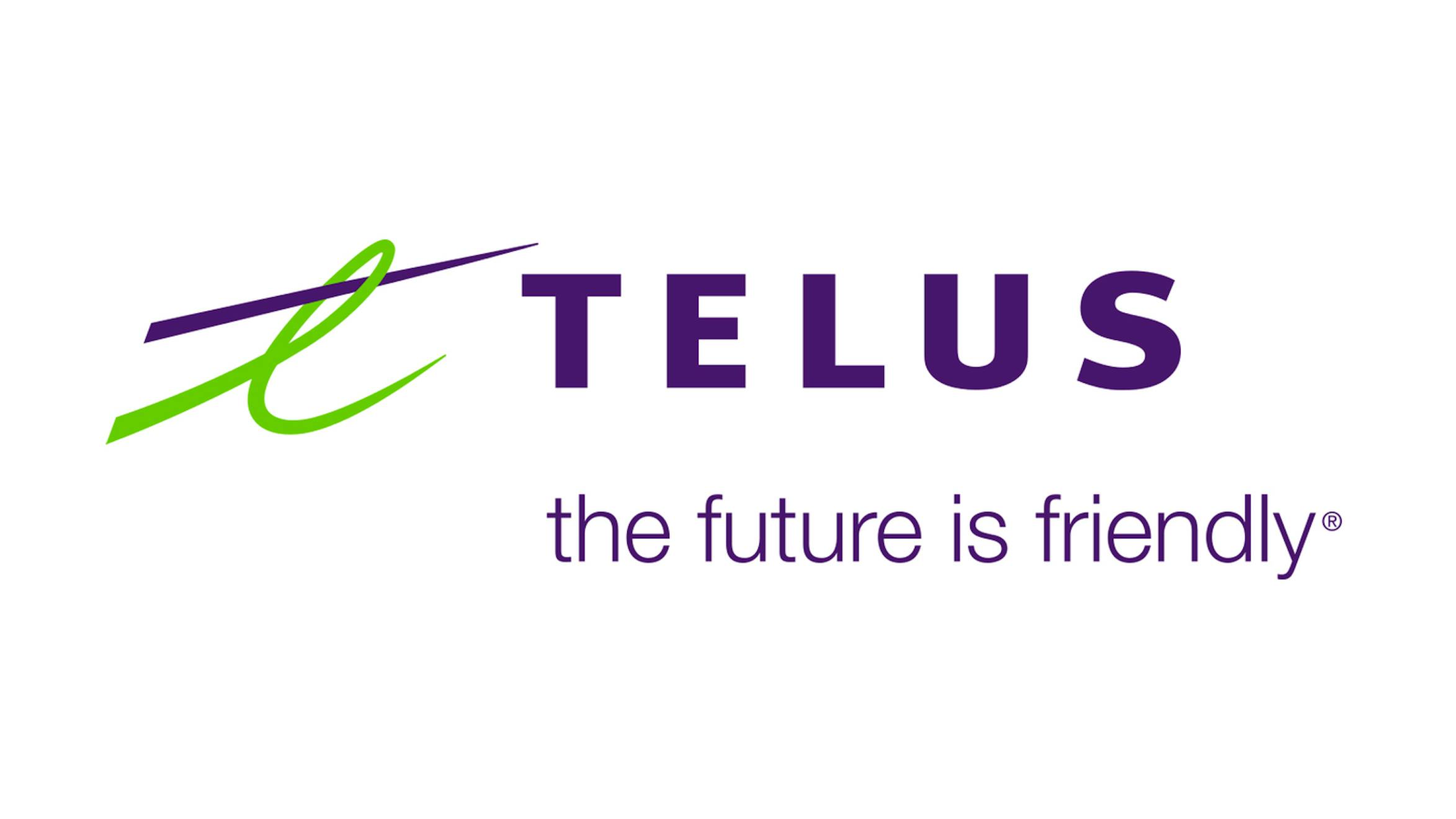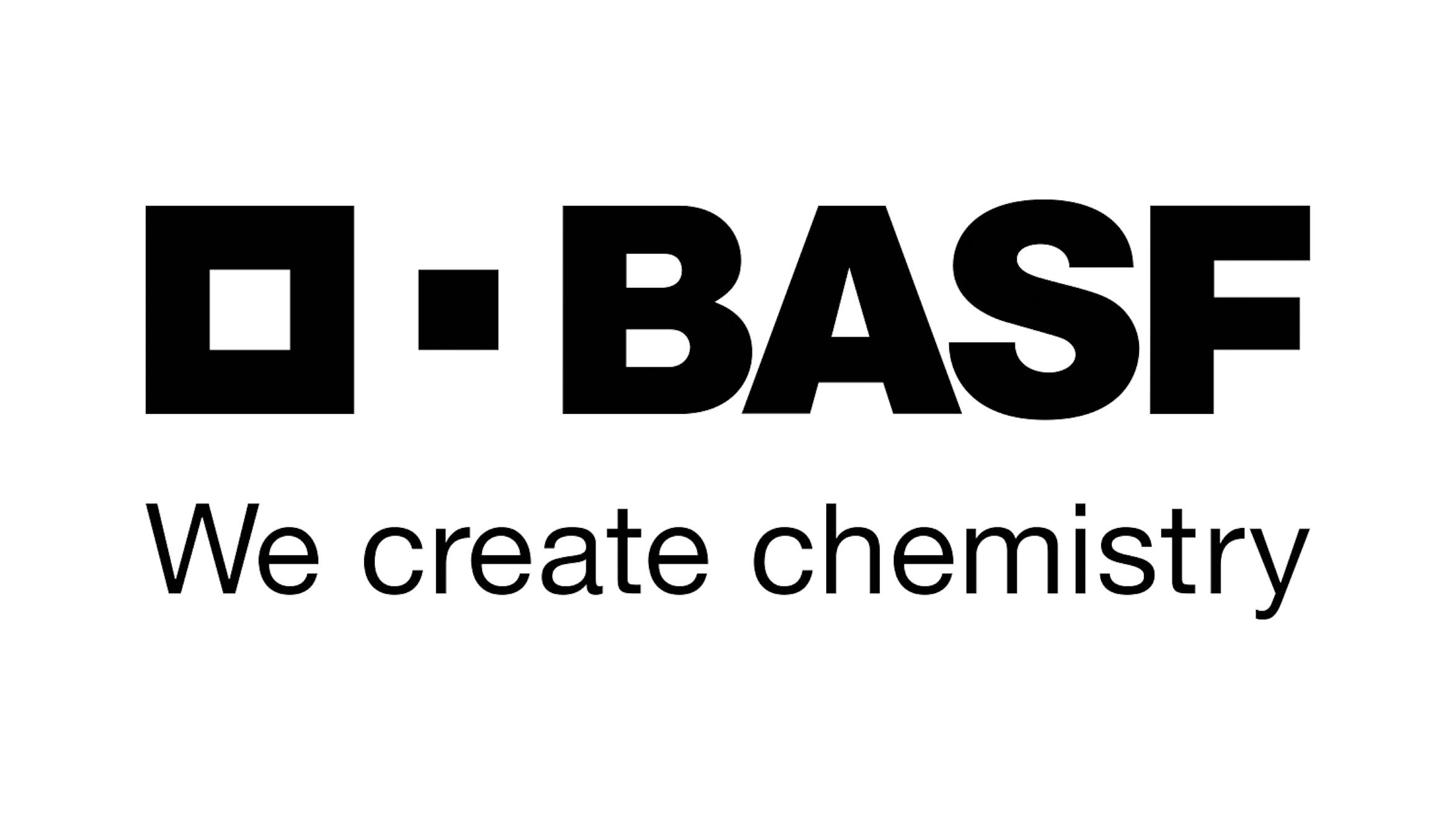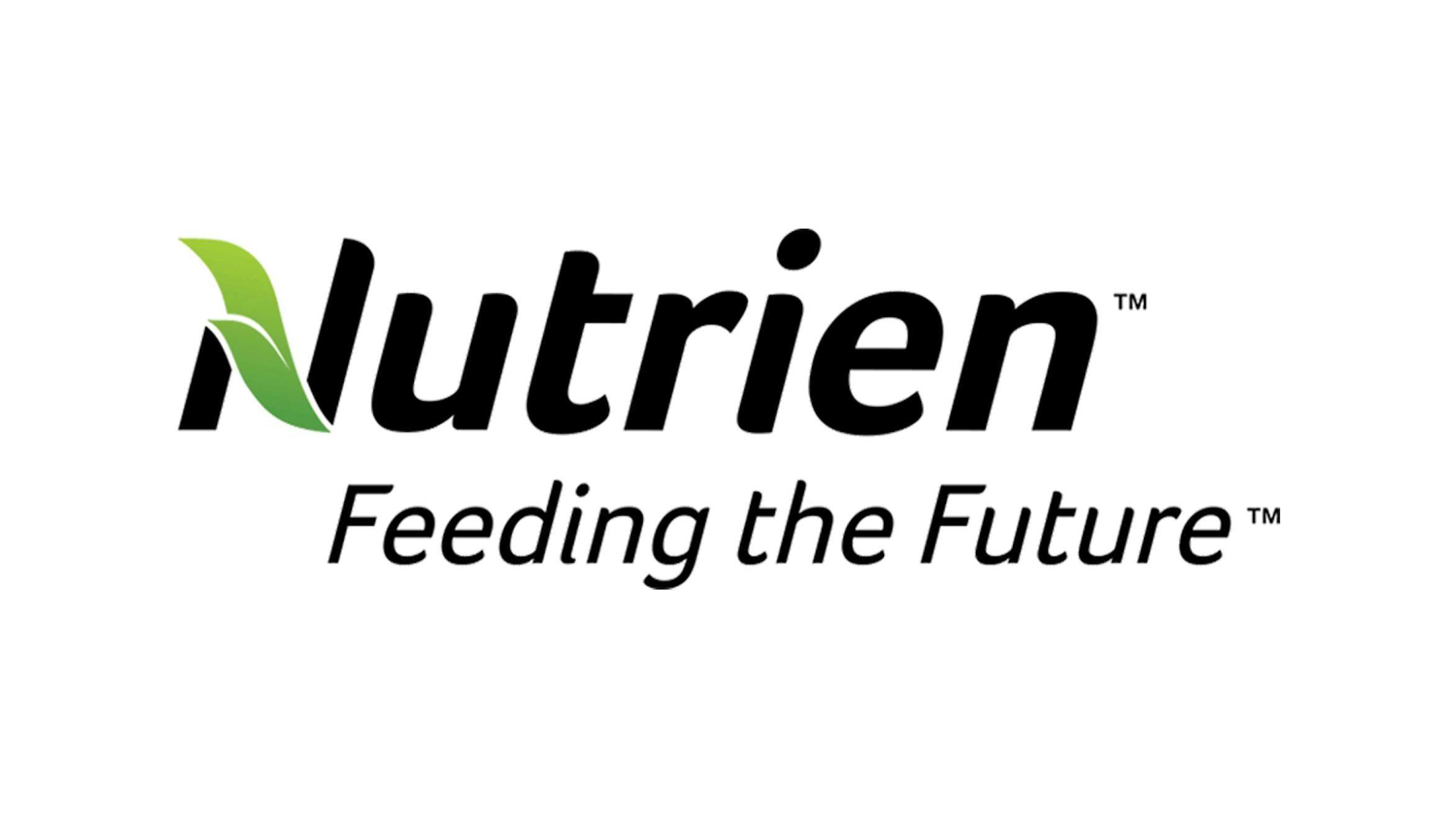The year 2020 was a challenging one for Canada’s economy, with the COVID-19 pandemic disrupting almost every industry. Agriculture and agri-food, however, have experienced notable successes – especially here in Alberta – and significant technological advancements may have played a part.
The Calgary Chamber is exploring how technology is disrupting key industries in our economy through our The Future of Industry event series, and agriculture is first up on January 27, 2021. In advance of that conversation, we dive into the trends that are shaking up everything from the seeds in the field to the food on your table.
Reliable and resilient: Agriculture’s importance to the Canadian economy
The agriculture and agri-food sector in Canada provides the food we need and enjoy, and has been a critical source of economic growth. In 2018, the industry employed 2.3 million Canadians, generated 7.4% of Canada’s GDP, and provided one in every eight Canadian jobs. Beyond jobs and growth, the industry leads in sustainability and reducing carbon emissions.
Early analysis suggests the COVID-19 pandemic has caused several challenges, from changes in consumer buying habits and labour supply to ensuring the stability of transportation networks, logistics, and international trade – and each of these challenges will require new solutions. Based on the innovation we have seen so far, it’s clear the industry is ready to meet this challenge.
The agriculture and agri-food sector displayed resilience, harnessed new opportunities, and emerged through 2020 stronger than it started. Analysis from ATB and Statistics Canada shows that the gross revenue of farm businesses in Alberta rose by 13 per cent in Q3 2020 compared to Q3 2019. These gains occurred across the sector, with wheat, canola, barely, oats, cannabis, lentils, beans, livestock, and livestock products all yielding revenue increases in 2020.
Trends in Alberta agriculture
The work being done at Olds College Smart Farm provides a snapshot of the trends that have and will continue to shape the future of agriculture.
Advancements in autonomous agricultural equipment, such as the DOT autonomous platform, facilitated automated and machine-guided seeding, spraying, and fertilizing on commercial farms. To support this work, researchers are developing more advanced mapping tools and techniques, and to allow for better use of equipment, also testing the lifecycles of both autonomous and traditional equipment. Along the way, experts at the Smart Farm are also looking ahead to the skills we’ll need as more of this technology is adopted.
Sensors are critical to ensure accurate data collection. Research is ongoing into the implementation of multi-sensor clusters to evaluate and compare different types of soil, climate, and crop sensors, as well as the impact of different installation methods on measurement accuracy.
To utilize even a fraction of the new technology in market, farmers will need data. Work is underway to bring relevant data directly to farmer’s fingertips, leading to advancements in geospatial data collection, mapping soil nutrients, and identifying factors that limit crop yield. Machine learning techniques are being used to build novel soil and crop mapping techniques, and improve the accessibility of many farm data management platforms.
Feeding the world through technology
How will the food system will adjust to a changing climate, and how can we can feed a growing population? The challenge of sustainable agriculture is paramount for the industry, and through transforming the industry, technology has an important role to play. The companies listed below are just a few examples of how Canada is leading the charge.

Farm management solutions
TELUS Agriculture’s farm management solutions, including Agrian, Decisive Farming and Farm At Hand, help farmers operate more efficiently and improve traceability and profitability. Features include yield planning, a product label database, and centralized digital recordkeeping and analysis that can simplify collaboration with other members of their team.
Supply chain management solutions
Focused on connecting organizations and individuals throughout the supply chain, solutions like Muddy Boots and Exceedra enable better traceability, visibility and responsiveness. Food processors and retail customers can leverage supply chain mapping, sales tracking and performance tracking against ethical, CSR and sustainability standards. Farmers and agronomists, meanwhile, can leverage centralization of crop records and fertilizer and nutrient plans and expense and finance management.
Animal health solutions
To support improved animal health, TELUS Agriculture solutions like Feedlot Health integrate data and technology to help drive profitability and sustainability. For example, Feedlot’s iFHMS program helps feedlots to manage cattle on an individual basis rather than by lot, including digital tracking of cattle receiving, animal treatment and movement.

Crop Input Innovation
Crop inputs are protection products that help farmers achieve higher yields. Innovation in molecule development, such as new Glu-L™ technology, has the potential to reduce the needed amount of weed control product by up to 50 per cent.
Xarvio
To help support farmers optimize the potential of their fields, this mobile-friendly software provides personalized recommendations by analyzing field-zone-specific and real-time information. With information directly from a farmer’s field, data-driven recommendations are made regarding nutrient management, disease and pest control, and features variable application maps with automatically integrated buffer zones as well as wireless machine connectivity.
InVigor
Yield innovation and advancements over the last twenty years have contributed to InVigor® hybrid canola being grown on over 160 million acres across Canada. Clubroot-resistant and Pod Shatter Reduction hybrids are two of the industry-leading technology advancements; the patented InVigor® hybrid canola Pod Shatter Reduction trait is unique in that it strengthens pod seams and stems to safely retain the seeds in the pod until farmers are ready to harvest.

Digital experience hub
A digital platform that provides a centralized place for growers and Nutrien crop consultants to engage, providing comprehensive digital crop planning, agronomic insights and recommendations, and streamlined payment and invoicing options.
Blue ammonia production decarbonization
Advancements and innovation in ammonia production have significantly decarbonized the process, including: carbon capture, utilization and storage; energy efficiency opportunities; and self-generation of site power requirements to improve emissions intensity of product produced.
Next-generation mining
Nutrien’s ‘NextGen’ Potash initiative furthers innovation and development in potash through autonomous mining and intelligent planning and data-driven asset optimization.
The industry is changing – learn even more on January 27, 2021.
Hear from leaders at Canada’s innovative agriculture companies, including Nutrien, BASF, Olds College, TELUS, and more.







